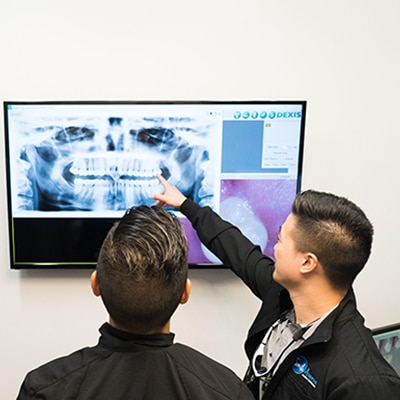Heartburn: What It Feels Like, Causes & Treatment
Overview
What is heartburn?
Heartburn is a common discomfort that affects many individuals. It’s characterized by a burning sensation in the chest, often behind the breastbone. This sensation can range from mild to severe and is typically a symptom of underlying conditions, such as acid reflux or GERD (Gastroesophageal Reflux Disease).
Who gets heartburn?
Heartburn does not discriminate; it can affect people of all ages, genders, and lifestyles. However, certain factors increase the risk, including obesity, specific eating habits, and pregnancy.
Symptoms and Causes
What does heartburn feel like?
The hallmark symptom of heartburn is a burning sensation in the chest. This discomfort may worsen when lying down or bending over.
When does heartburn occur?
Heartburn often occurs after consuming food or drinks that trigger acid reflux. The timing can vary, but it frequently happens in the evening or at nighttime.
How long does heartburn last?
The duration of heartburn can vary from a few minutes to several hours. It largely depends on the individual and the specific triggers involved.
What are the other symptoms of heartburn?
Besides the characteristic burning sensation, heartburn may accompany other symptoms such as chronic cough, hoarseness, or a sensation of a lump in the throat.
What causes heartburn?
Heartburn is primarily caused by the backward flow of stomach acid into the esophagus, known as acid reflux. This can be triggered by factors like certain foods, alcohol consumption, and stress.
Why am I suddenly getting heartburn when I’ve never had it before?
Sudden onset of heartburn could be attributed to changes in diet, lifestyle, or stress levels. Additionally, some medications and health conditions can also trigger heartburn.
Is heartburn always caused by acid reflux?
While acid reflux is a common cause of heartburn, not all instances of heartburn are due to acid reflux. Other conditions can mimic heartburn symptoms, making it important to accurately diagnose the cause.
Is heartburn serious?
Occasional heartburn is generally not serious. However, frequent or severe heartburn might indicate GERD, which requires medical attention to prevent complications.
Diagnosis and Tests
How is heartburn diagnosed?
Diagnosing heartburn often begins with a physical examination and a review of symptoms. Healthcare professionals may also inquire about dietary habits and lifestyle factors.
What tests will I have to evaluate my heartburn?
To assess heartburn, several tests might be recommended, such as an endoscopy, esophageal pH monitoring, or an esophageal manometry to examine the functioning of the esophagus and the extent of acid reflux.
Management and Treatment
What is the treatment for heartburn?
Treatment strategies for heartburn can include over-the-counter antacids, prescription medications, and in some cases, surgery. Lifestyle modifications, such as dietary changes, might also be recommended to manage symptoms.
Preventative Measures
How can heartburn be prevented?
Preventing heartburn involves making several lifestyle and dietary changes. Avoiding foods and beverages known to trigger heartburn, such as spicy foods, citrus fruits, chocolate, and caffeinated drinks, can be effective. Additionally, maintaining a healthy weight, eating smaller meals, and avoiding eating close to bedtime can help reduce the frequency of heartburn episodes.
Outlook / Prognosis
What is the prognosis for heartburn?
With appropriate treatment and lifestyle adjustments, many individuals can manage heartburn effectively and lead a comfortable life. In cases of GERD, ongoing treatment may be necessary to prevent complications.
Living With
What lifestyle changes can I make to manage heartburn?
Lifestyle changes to manage heartburn include avoiding trigger foods, eating smaller meals, losing weight if overweight, and not lying down immediately after eating. Quitting smoking and reducing alcohol intake can also help.
When should I seek medical care for heartburn?
Medical care should be sought if heartburn is frequent, severe, interferes with daily life, or is accompanied by symptoms like weight loss, difficulty swallowing, or persistent coughing.
FAQs About Heartburn
Can stress cause heartburn?
Yes, stress can play a significant role in heartburn by increasing stomach acid production, which can lead to more frequent occurrences of acid reflux.
Are there any home remedies for heartburn?
Several home remedies can help alleviate heartburn symptoms, including herbal teas, such as ginger tea, baking soda and water mixtures, and aloe vera juice. However, it’s important to note that while these remedies may offer temporary relief, they are not substitutes for medical treatment if heartburn is frequent or severe.
Can heartburn be a sign of something more serious?
In some cases, heartburn can be a symptom of more serious conditions, such as esophageal cancer or a heart attack. If heartburn is accompanied by additional symptoms like severe chest pain, shortness of breath, jaw or arm pain, seek emergency medical attention immediately.









